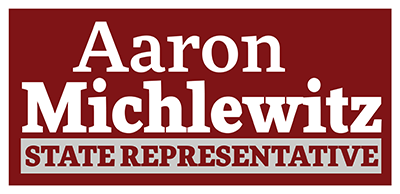Clarence Fanto, Berkshire Eagle
June 10, 2017
Fair fight. Level playing field.
Those catchphrases were heard repeatedly this past week when state lawmakers chose Berkshire County for a public hearing on the likelihood that the state and local communities will tax homeowners who rent space to short-term guests via Airbnb, VRBO, HomeAway, FlipKey and other online brokers.
As usual, what’s fair is in the eye of the beholder when it comes to a proposed lodging tax and safety regulations affecting the burgeoning internet short-term rental market. A “one-size-fits-all” approach may not do justice to some elderly or income-challenged property owners seeking a slice of the lucrative tourism pie to help cover their property taxes, maintenance and other expenses.
At least 100 people packed the Town Hall auditorium in Lenox last Monday when the state Legislature’s Joint Committee on Financial Services, joined by four Berkshire lawmakers, solicited testimony from the audience — 46 spoke, often passionately.
State Rep. Aaron Michlewitz of Boston, co-chairman of the committee and his colleagues listened patiently, asked relevant questions, and made it clear that the voice of the people would be considered as legislation makes its way to Gov. Charlie Baker’s desk.
It’s a very complicated issue. What’s a short-term stay and who defines it — the state or the local community? The proposed law would impose a 5.7 percent state tax and as much as 6 percent in local lodging levies on any rentals of less than 30 consecutive days through an online service. Health and safety regulations would be applied as well.
